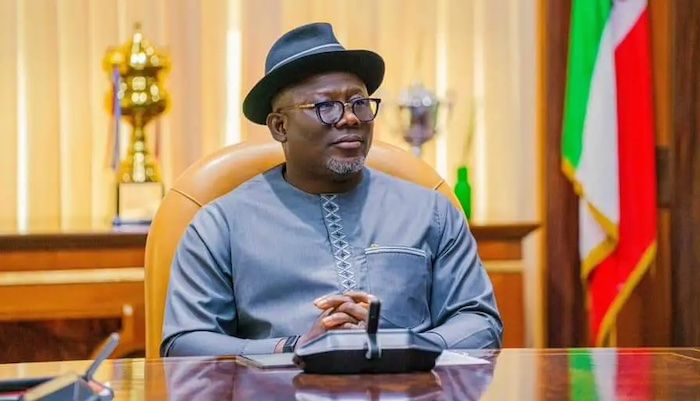Charles Aniagwu, a Delta State Commissioner for Works (Rural Roads) and Public Information, has revealed why Governor Sheriff Oborevwori defected from the Peoples Democratic Party (PDP) to the All Progressives Congress (APC).
Aniagwu, who spoke on TVC’s Politics Tonight, buttressed Governor Oborevwori’s defection as a “Necessary adjustment to the changing political climate.”
He indicated that the political dynamics in the state showed such shifts were often influenced by broader considerations beyond party loyalty, reiterating that the decision was strategic, grounded in a “clear understanding of where the state’s interests would be better served.”
He said, “We noticed a change in the taste of the palm wine, and it became necessary to adjust our drinking pattern,” Aniagwu said metaphorically. “That was what we did, taking a look at what was happening in the PDP. From what we have seen since that time, our governor saw tomorrow.”
READ ALSO:
Aniagwu added that since the governor joined the APC in April 2025, Delta State had received greater attention and support from President Bola Ahmed Tinubu’s administration.
“Even while we were in the PDP, there was love. But becoming a member of the same family has brought a whole new level of partnership and progress. Politics, after all, is local, and if this new political alignment benefits our people, it is the right step,” he added.
Aniagwu addressed reports of internal tension within the APC in Delta State following the Governor’s entry into the party.
He acknowledged that merging old APC members with new entrants from the PDP naturally created differing interests, but insisted that the administration had worked to harmonise all sides.
“You don’t expect that the moment you move in, everybody will be on the same page,” he said. “But what the governor has done since April 28 is to manage these interests and bring a lot of people together.”
Aniagwu shrugged off claims made by some APC stakeholders that the Governor’s camp was sidelining older party members, saying that political disagreements were normal in a democracy.
“That someone comes on TV to express grievances does not mean he is bitter,” Aniagwu said. “Democracy offers everyone the right to speak. What matters is that, at the end of the day, we all move in one direction.”
Responding to allegations of “kangaroo suspensions” of party officials in some local governments, including Ughelli North and Ethiope West, Aniagwu denied any high-handedness, saying party members acted within their rights.
He explained: “If a local government party chairman is not doing what he is supposed to do, the people in that local government have the power to act.
“That does not mean the Governor is interfering. The processes of the party must be respected.”















